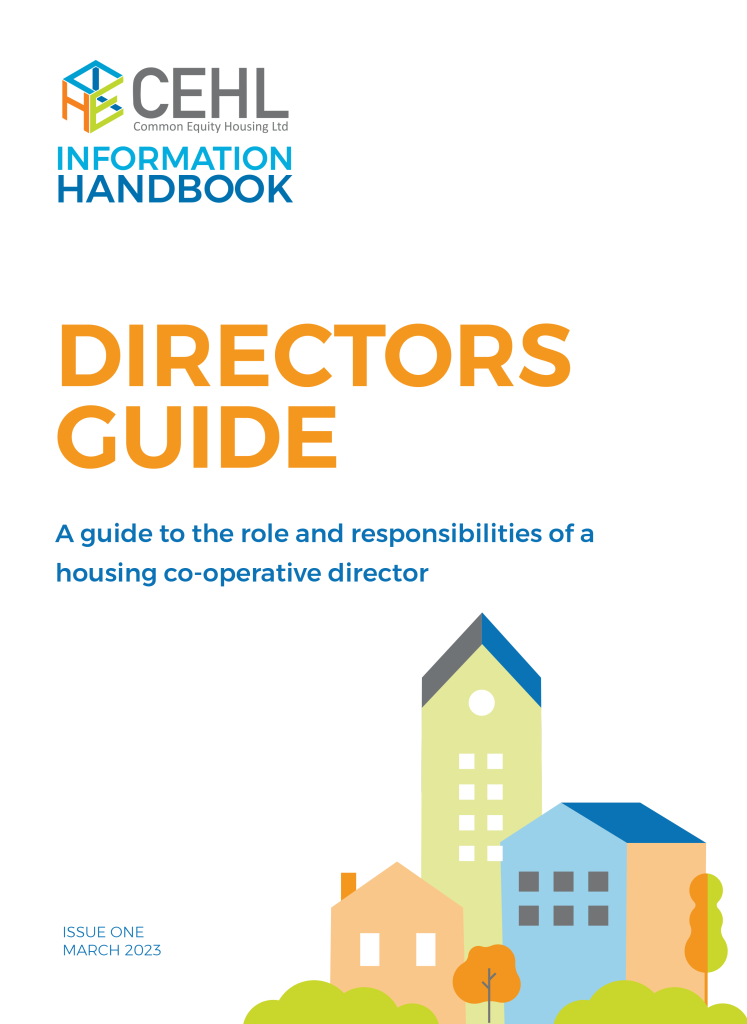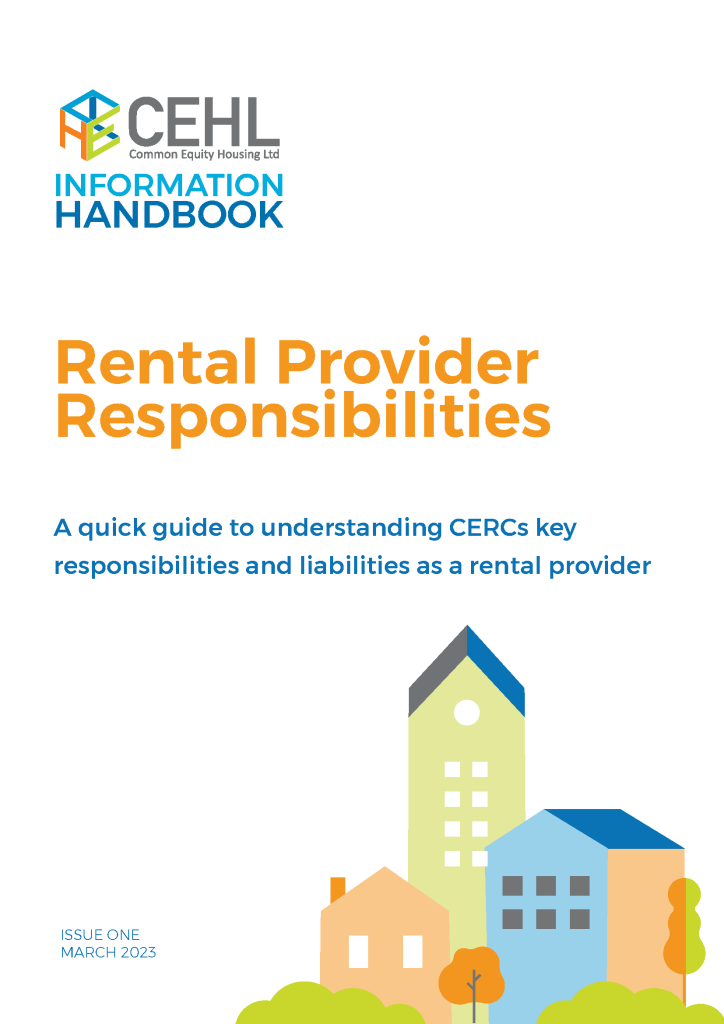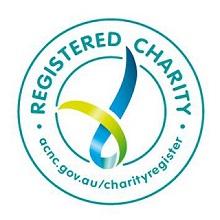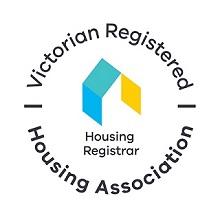What are Director’s General Responsibilities?
- be responsible for the functioning of the board and ensuring that decisions are made in accordance with the co-operative’s own rules and policies
- be accountable to co-operative members and act in the best interests of the co-operative as a whole
- ensure the co-operative operates according to relevant laws, regulations and CEHL requirements including:
- the Co-operatives National Law Application Act
- the Residential Tenancies Act (when acting as a landlord/ rental provider)
- Housing Registrar Performance Standards
- CEHL Policies
- the Co-operative/CEHL Agreement (CCA)
- ensure the operational responsibilities of the co-operative are well managed including:
- financial management
- member selection
- active membership (and tenancy management and property maintenance for CERC model co-ops as a landlord/ rental provider)
- conduct long term, strategic planning for the co-operative
- keep informed about CEHL developments and maintain regular communication with CEHL, working in partnership with CEHL to plan for the co-operative
- report about Board activities to the co-operative and provide written reports and copies of meeting minutes to all members
- consult with members to review or update co-op procedures as needed
- be responsive to member questions or matters they request to draw the Director’s attention to.
Handy resources Co-operative Directors
Upcoming activities
An overview of upcoming activities.
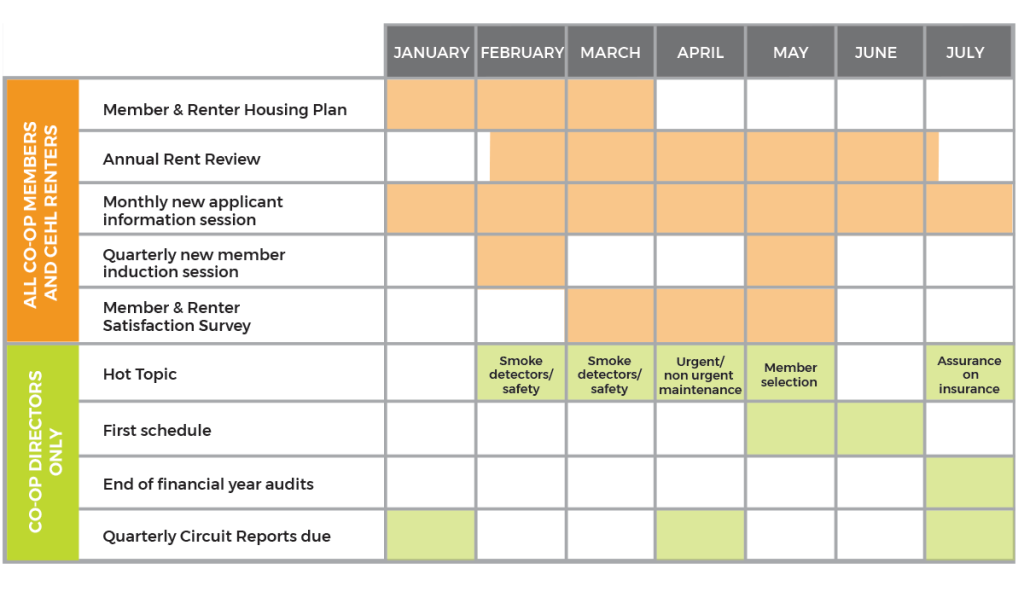
Where you could find grant opportunities:
- Your local council grants
- State Government – Grants and programs | vic.gov.au (www.vic.gov.au)
- Multicultural grants – Grants to support multicultural communities | vic.gov.au (www.vic.gov.au)
- Business Victoria grants – Grants & programs | Business Victoria
- State Trustees – Community Inclusion – Community Inclusion | State Trustees VIC
- Community Foundation – Latest Grants – Australian Communities Foundation (communityfoundation.org.au)
- Sustainability Victoria – Grants and funding | Sustainability Victoria
- Universal Charitable Fund – Small Grants With Impact (ucf.org.au)
- Local Rotary and Lions clubs grants – Apply for Grants | My Rotary, Grant Types | Lions Clubs International
- The ANZ Community Foundation offers grants to support projects run by charitable organisations for the benefit of local communities.
- Aurizon offers grants to community groups that provide support in the areas of health and wellbeing, community safety and environment and education.
- The CommBank Staff Foundation aims specifically to assist community groups with youth programs focused on health, education and social inclusion.
- The Community Enterprise Foundation is the philanthropic arm of the Bendigo and Adelaide Bank Group.
- The Foundation for Rural and Regional Renewal provides a broad range of grant programs, each with the requirement ‘that funds be used for a charitable purpose that benefits the residents of Australia’s rural, regional or remote communities’.
- Good2Give allows charitable organisations to be placed on a registry to be matched with corporate donors and sponsors.
- The Ian Potter Foundation makes grants nationally to support charitable organisations working to benefit the community across a wide range of sectors and endeavours.
- Landcare Australia offers grants through a number of programs.
- The Macquarie Group Foundation supports community groups and activities in Australia and overseas.
- The Mercy Foundation provides support for organisations involved in reducing inequality and poverty in Australia.
- National Australia Bank provides community grants to organisations nominated by employees. The NAB Foundation is not currently seeking applications and does not take unsolicited proposals for funding.
- The National Foundation for Australian Women runs a program through which other women’s groups can receive tax deductible donations and grants through their preferred donor fund.
- The National Library of Australia offers grants to community organisations to assist with the preservation of locally-owned but nationally significant collections of materials that are publicly accessible.
- The Optus Future Makers program provides grants to organisations to help develop technological applications aimed at supporting disadvantaged youth.
- The Peter Brock Foundation assists individuals in crisis and supports community events and educational programs.
- The Reichstein Foundation funds projects aimed at advancing social justice and social change.
- The Sidney Myer Fund & the Myer Foundation provide grants in four key areas: the arts and humanities; education; poverty and disadvantage; and sustainability and the environment.
- The Telstra Foundation provides community development grants for technological innovation projects aimed at children and young people.
- The Woolworths Group provides support to local community organisations and charities.
